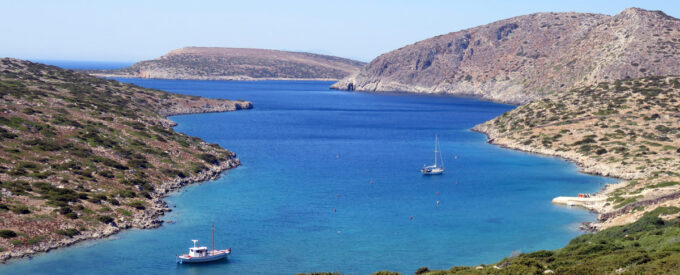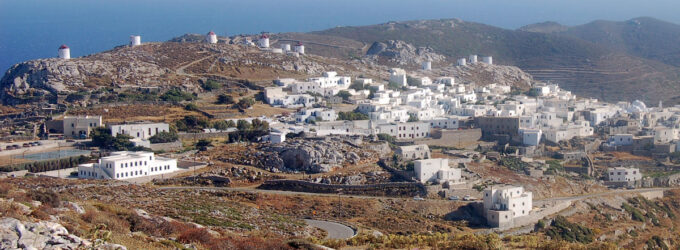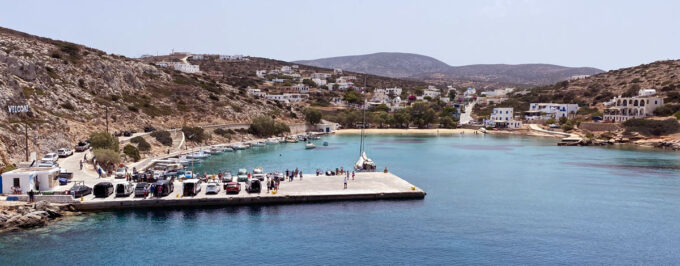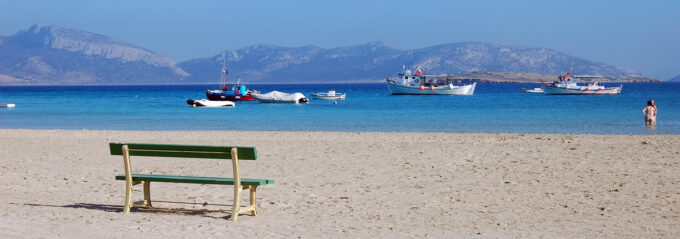Lévitha
The name of the island is thought to derive from the ancient word “Lévinthos”, which is a male name. In the last 200 years, the history of the island is joined with the history of the Kampósos family, who came initially on the island in 1820 from Pátmos, in order to work on the lighthouse…











